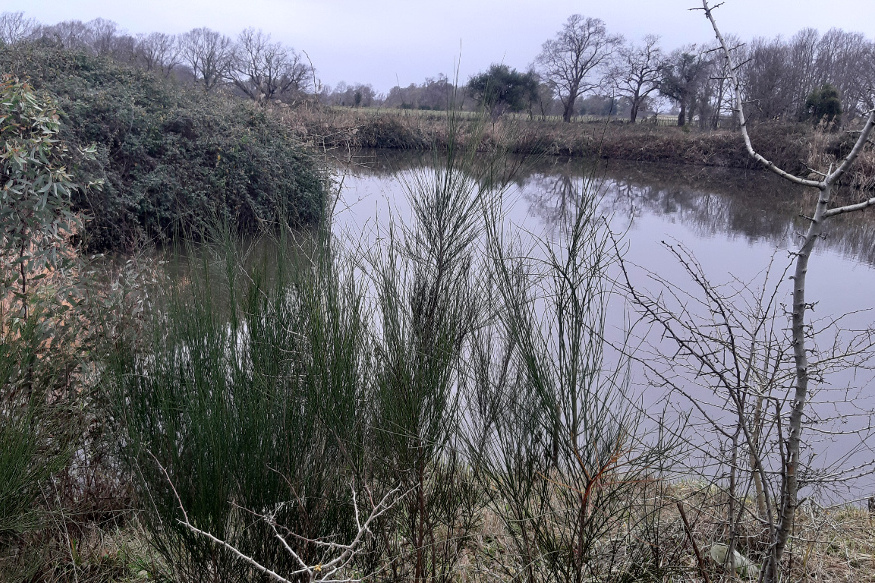The Agro Pontino is the result of a heavy landscape transformation caused by the “Great Land Reclamation” of the 1920s. Such transformation has continued until today, adding an intense industrial (1960s and 1970s) and then residential (1990s-2000) development to the environmental pressures due to crop and livestock farming, causing progressive pollution of surface and groundwater and a growing artificiality of the landscape, with important losses in terms of ecosystem services. The water quality of most of the artificial and natural watercourses of the area is considered "poor" or "bad", according to the parameters established by the Water Framework Directive (WFD), and the most important pollution source are the intensive farming practices in the area. In this context the Life+ REWETLAND project, coordinated by the Province of Latina, aimed at promoting NBS to control diffuse pollution and improving the quality of surface waters of the Agro Pontino. The project led to the drafting of an Integrated Environmental Restoration Program (ERP) of the Pontine Plain, which identifies several NBS typologies that should be promoted on an area of about 700 km2, entailing a network of 220 km of drainage channels. Beside acting at large scale by developing the ERP, Life+ REWETLAND project implemented four pilot projects aimed at demonstrating the effectiveness of constructed wetlands and buffer strips to control diffuse pollution.
| Originally published | 27 May 2025 |
| Knowledge service | Metadata | Water | Nature-based solutions |
| Digital Europa Thesaurus (DET) | nature-based solutions |
Share this page

